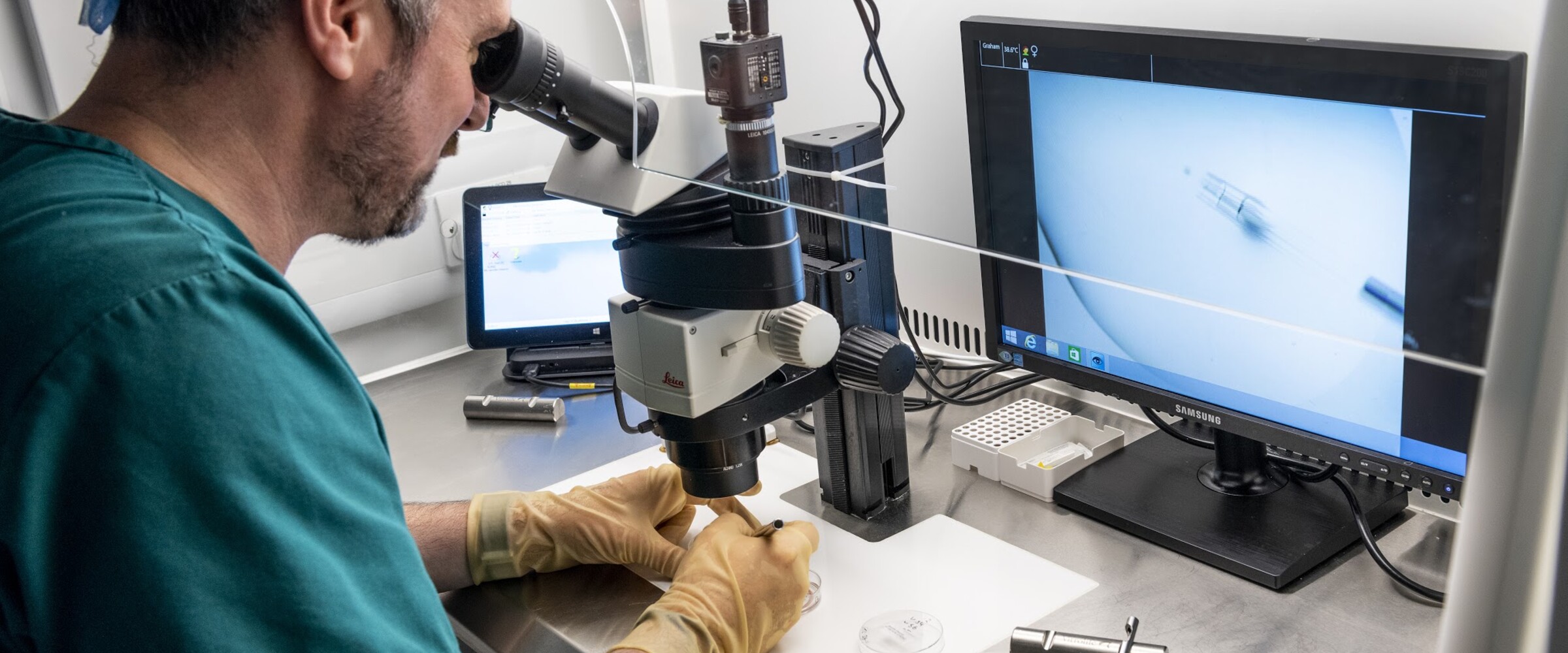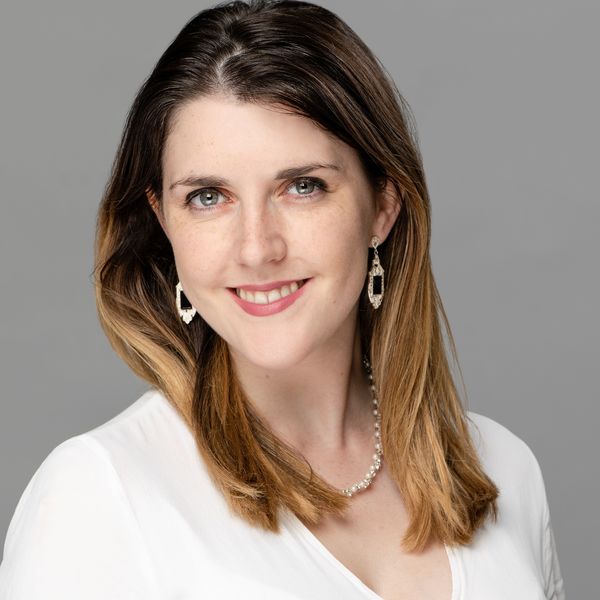
What Fertility Awareness Week Means To Me
By Aoife Breslin
Fertility Awareness Week (week beginning July 20th) is a special week for us in our clinics, its opportunity for us to share with the wider population what we do in the clinics. It is also a very special week for me. I started in Sims and Rotunda IVF two years ago; I came from a healthcare background but not fertility. I was a normal 28 year old, saving for a house and the thoughts of starting a family was there but in reality, it was a distant thought. All of this was brought sharply into focus when I started in Sims/Rotunda IVF.
I did not know how much your fertility starts to decline when you are in thirties, I did not know what an AMH test was and I did not know the pain of those that are struggling to have children. The real ache of wanting children and to come across barriers, to be faced with multiple miscarriages but still to remain hopeful. I was not aware of this reality and it really struck a chord with me. I became passionate about fertility awareness.
Usually during fertility awareness week, we offer AMH tests (see what an AMH test is here) and we get hundreds of women in getting their ovarian reserve checked. This year because of COVID 19 restrictions, we cannot facilitate these tests on a large scale. So what can we do to raise awareness? Well I thought many of us are not aware of the effects our words can have on those going through fertility treatment. We are not aware that seemingly innocent questions like “When are you going to start a family” or “Are you just having the one child?” can have on those that may be struggling. Therefore, we have created the #bekindwithyourwords campaign.
I sat down with Helga Behan who is a fertility counsellor in Rotunda IVF and she gave me these great pieces of advice.
Parents and family just need to listen to them and not try to give advice, i.e. not telling them to be positive or relax and it will happen. They think they are helping and with no fault of their own, it does not help. They could help by saying things like
"If you want to talk about it I am here for you",
"If you want I will not bring it up with you, so if you want to talk let me know".
Not to ask questions about where are they now on the cycle by calling or texting all the time.
When out socialising, do not question why they are not drinking.
Invite them to parties; communions etc. leave it up to them if they want to do, try not making the decision for them by not inviting them. If they don’t go that’s ok and try not to put them under pressure to go, just say "that’s ok" and do not ask why,.
Do not keep news from them like someone in the family having a baby and not telling the couple as might upset them. Things like that makes them feel more isolated and they feel isolated enough not being like other people having children.
We as counsellors encourage couples to do what is best for them regarding telling people. Like telling their boss versus not telling the boss, what benefits the couple? Is there a best friend that will not put them under pressure by asking lots of questions but will listen to the couple if they bring it up?
If it does not benefit to tell anyone, that is where the support comes in from us.
If you would like to share your story, email faw@sims.ie

